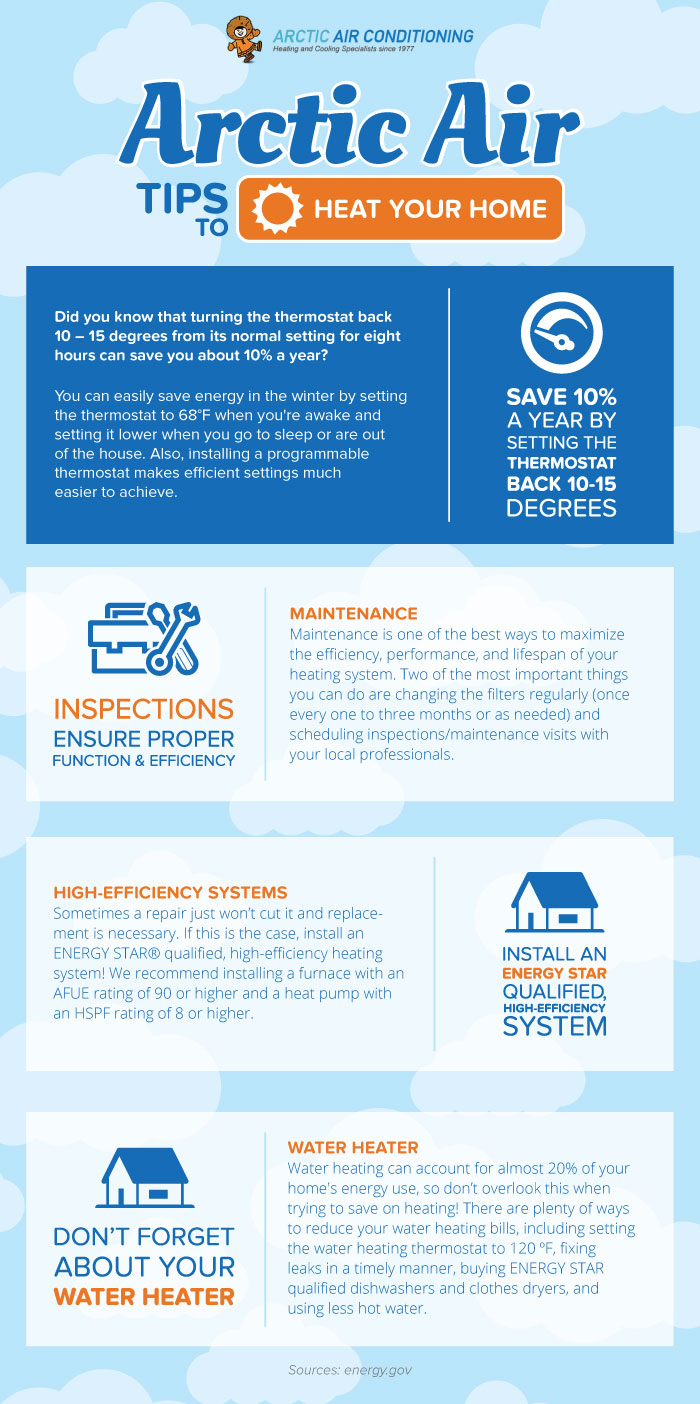Gain Understandings Right Into Making Certain The Performance And Durability Of Your Heatpump System By Avoiding Prevalent Installment Errors
Gain Understandings Right Into Making Certain The Performance And Durability Of Your Heatpump System By Avoiding Prevalent Installment Errors
Blog Article
Article Written By-McDougall Sparks
When setting up a heat pump, you need to steer clear of common errors that might endanger its efficiency. Overlooking appropriate sizing may cause ineffectiveness and higher utility prices. Disregarding insulation and sealing might cause power waste and stress on the unit. Furthermore, positioning the outside unit improperly might affect its performance. By avoiding these errors, you can ensure optimum functioning and toughness of your heatpump system.
Improper Sizing of Heatpump
When it pertains to the setup of heatpump, among one of the most usual errors is poorly sizing the device for your room. Ensuring the ideal size is important for ideal efficiency. If the heatpump is as well small, it will certainly battle to heat or cool your area successfully, bring about raised power costs and potential damage on the device.
On the other hand, if the heatpump is too big, it will cycle on and off regularly, creating temperature variations and reducing its lifespan.
To avoid this blunder, it's necessary to have an expert assess your room and recommend the appropriate size of the heat pump based upon aspects like square footage, insulation, ceiling height, and local environment. By investing the moment and effort to ensure the right sizing, you can take pleasure in a comfortable setting while optimizing power effectiveness and lengthening the life-span of your heat pump.
Inadequate Insulation and Sealing
To ensure the effective procedure of your heatpump, it's essential to deal with insufficient insulation and securing in your room. Proper insulation aids preserve a consistent temperature inside your home, lowering the workload on your heat pump. https://www.fool.com/the-ascent/insurance/homeowners/does-homeowners-insurance-cover-ac/ can cause power loss, making your heatpump work harder and much less successfully.
Sealing any kind of spaces or leaks in your room is just as important. These voids enable conditioned air to get away and exterior air to permeate in, forcing your heat pump to make up for the temperature variations.
Wrong Positioning of Outdoor Device
Addressing the positioning of your heat pump's exterior unit is essential to optimizing its performance. Installing the exterior system in an inaccurate place can bring about efficiency issues and prospective damage to the system.
One usual mistake to stay clear of is placing the outdoor device also near a wall surface or other structures. This can limit air movement, causing the system to function tougher to heat or cool your space, eventually decreasing its performance and life expectancy.
An additional error to steer clear of is positioning the exterior system in straight sunshine. While some sunlight is inevitable, extreme direct exposure can result in getting too hot, particularly throughout warm summer days. It's ideal to place the exterior unit in a shaded location to help maintain its optimum operating temperature.
In addition, ensure that the exterior unit is placed on a steady and degree surface area. Uneven ground can trigger resonances and unnecessary stress on the unit, influencing its performance with time.
how to clean heat pump unit
In conclusion, avoiding usual blunders during heat pump installation is necessary for optimizing performance and longevity of your system. By ensuring proper sizing, ample insulation, securing, and right positioning of the outdoor device, you can avoid problems such as inefficiencies, boosted power costs, and stress on the system. Putting in the time to resolve these crucial aspects will inevitably conserve you money and time in the future.
